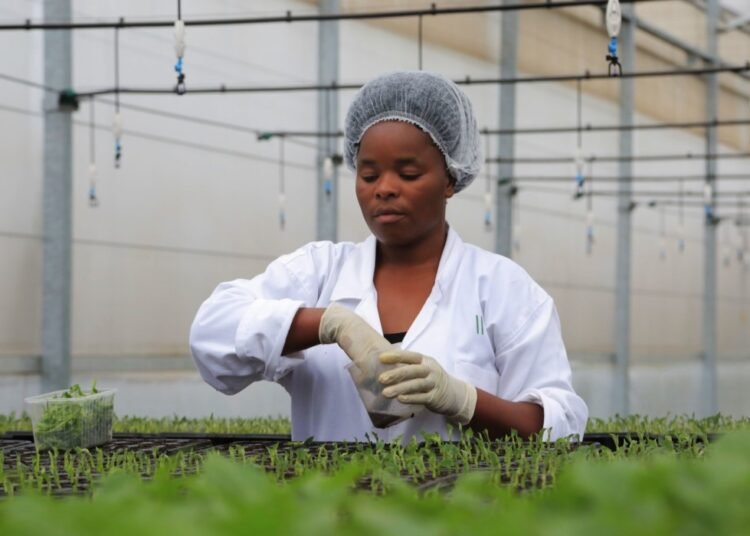The government has taken a step towards regulating genetically modified organisms (GMOs) with the introduction of a new draft law governing biosafety.
The bill, which was approved by the Cabinet, aims to address the potential risks associated with GMOs, protect biodiversity, and preserve the integrity of the environment, according to the Rwanda Environment Management Authority (REMA).
Genetically modified (GM) crops are those that have gene(s) inserted from the same or unrelated organism using genetic engineering methods, as defined by the UN Food and Agriculture Organization (FAO).
These genes provide beneficial traits such as pest resistance, the ability to grow in extreme conditions, and increased nutrient levels.
Under the proposed biosafety bill, individuals or institutions intending to engage in activities involving the use, handling, commercialization, import, or export of Living Modified Organisms (LMOs) – commonly referred to as GMOs – would be required to obtain authorization from the competent authority.
This requirement ensures that thorough risk assessments and robust risk management plans are conducted before authorizing such activities.
The bill establishes institutional arrangements for the implementation of the law, designating the institute in charge of the environment as the competent authority responsible for coordinating enforcement.
It also calls for the establishment of a national biosafety committee to review applications and advise the competent authority, as well as an institutional biosafety committee to provide technical assistance for contained use and confined field trials.
The draft biosafety law outlines faults, sanctions, and penalties for violations. Offenses include engaging in activities involving LMOs without proper authorization, withholding post-approval information that could impact risk evaluation, providing false information to obtain approvals or permits, using LMOs for unethical purposes, and obstructing the competent authority’s duties.
Penalties for these offenses will be defined by the law to emphasize their illegal nature and the consequences of non-compliance.
Rwanda’s move to regulate GMOs comes as the country’s Agriculture Board conducts confined field trials for a GMO cassava variety that is resistant to cassava brown streak virus disease (CBSD), a threat to the production of this staple food crop and farmers’ income.
While six African countries, including South Africa, Sudan, Malawi, Nigeria, Eswatini, and Ethiopia, grew GMO crops in 2019, according to the International Service for the Acquisition of Agri-biotech Applications (ISAAA), the World Health Organization (WHO) asserts that GM foods currently available on the international market have passed safety assessments and are not likely to present risks to human health.
By enacting the biosafety bill, Rwanda aims to strike a balance between harnessing the potential benefits of GMOs while safeguarding human health, the environment, and biodiversity. The bill is expected to be presented to parliament for consideration and adoption in the near future.






























































